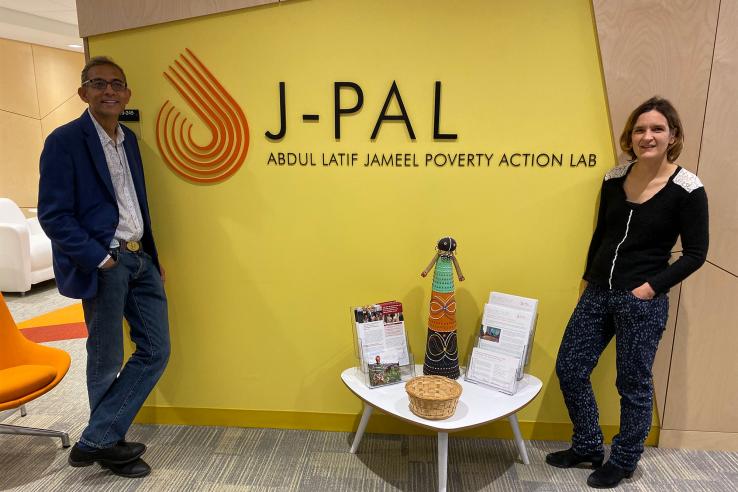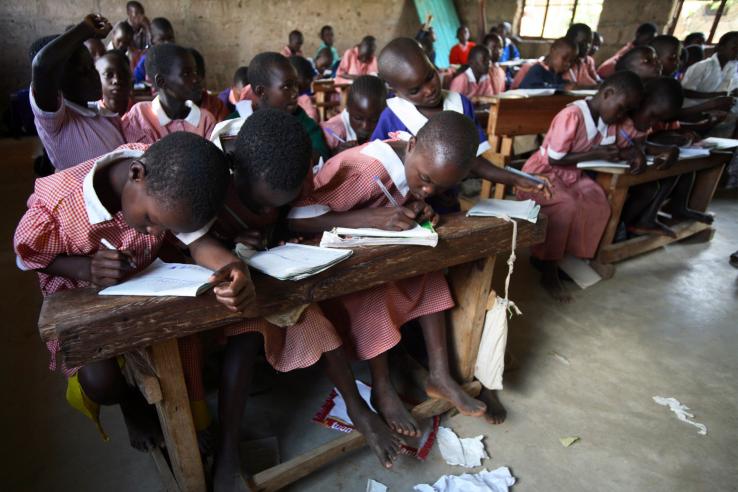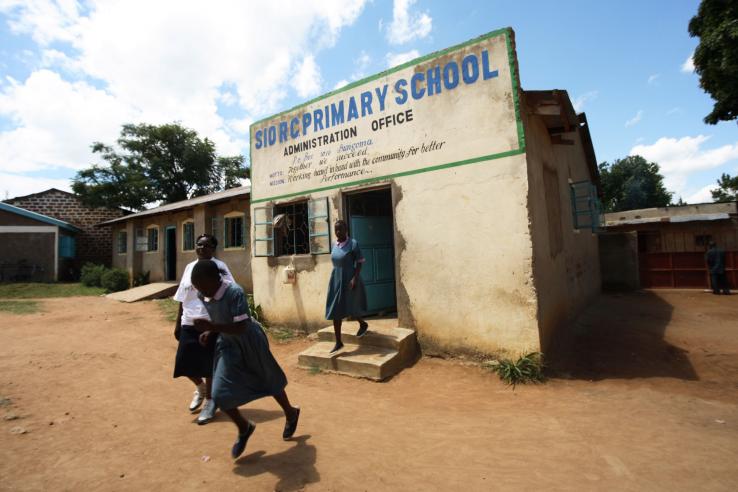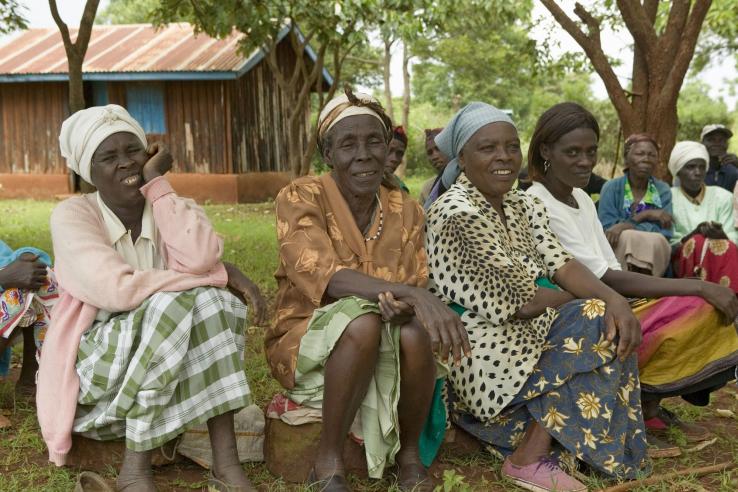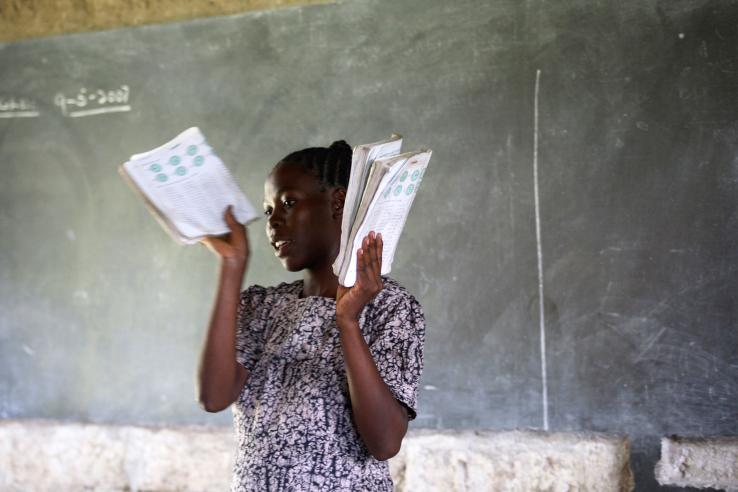Displaying 1846 - 1860 of 8331
Research resource
This resource provides guidance on when to work with an external survey firm, the process of identifying and contracting a firm, and how to coordinate tasks to ensure a successful study. It highlights topics in survey or study design that may be beneficial to review with the survey firm, outlines a...
Research resource
Piloting is the testing, refining, and re-testing of survey instruments in the field to make them ready for your full survey. It is a vital step to ensure that you understand how your survey works in the field, that you are collecting accurate, appropriate data. It also helps in the process of...
Research resource
This resource covers best practices for programming a survey using computer assisted personal interview (CAPI) software. We primarily rely on examples using SurveyCTO, which is widely used by J-PAL and Innovations for Poverty Action (IPA), but the practices listed below apply to all CAPI software...
Research resource
High-frequency checks, back-checks, and spot-checks can be used to detect programming errors, surveyor errors, data fabrication, poorly understood questions, and other issues. The results of these checks can also be useful in improving your survey, identifying enumerator effects, and assessing the...
Research resource
Although quality control checks in the field should catch most errors in data collection, there are a number of steps you will have to undertake to prepare your collected data for analysis. This resource outlines the key steps involved in data processing and cleaning. We first describe best...
Research resource
Data visualization can be helpful at many stages of the research process, from data reporting to analysis and publication. Relative to regression tables, cross-tabs, and summary statistics, data visualizations are often easier to interpret, more informative, and more accessible to a wider range of...
Research resource
This guide provides an overview of data analysis for randomized evaluations in order to estimate causal impact. It is intended to provide something of a starting point and orient individuals not familiar with all nuances of the literature; it does not aim to provide a comprehensive or “authoritative...
Research resource
Researchers who plan to publish data on human subjects should take careful steps to protect the confidentiality of study participants through data de-identification—a process that reduces the risk of re-identifying individuals within a given dataset. This guide provides further details on the de...
Research resource
J-PAL promotes the publication of de-identified data from randomized evaluations 1. This resource provides guidance on doing so in the form of a checklist for preparing data for submission. It also includes sample informed consent language and other considerations during project planning and...
Blog
This article was originally published in The Center for Effective Philanthropy. Abhijit Banerjee, Esther Duflo, and Michael Kremer recently won the 2019 Nobel Prize in Economics for their “experimental approach to alleviating global poverty.” But while attention has focused on their experimental...
Evaluation
Researchers in the United States assessed the impact on college students of having a roommate from a different race. White students assigned to a black roommate were more likely to endorse affirmative action policies than those assigned to a white roommate. Other factors, such as having roommates from high-income or low-income backgrounds, also influenced students' behavior and attitudes towards social issues.
Evaluation
In partnership with International Child Support, researchers designed and evaluated an incentives program that provided salary bonuses to teachers in Kenya based on the performance of their school as a whole on annual district exams. While results show that the incentives program led to an increase in student test scores, researchers believe that this increase was due to improved test-taking strategies and "cramming," rather than an increase in overall knowledge. The program did not have an impact on test scores in the long-run.
Evaluation
Researchers evaluated the impact of a program that provided additional textbooks to primary schools in Kenya on students, teachers, and overall learning. This study found no evidence that textbook provision increased average test scores, or that it reduced either grade repetition or dropout rates.
